In celebration of the mysterious and magical, we are calling on fans of African literature to explore the dark and enigmatic world of the African witchdoctor.
Perhaps we should state that the term “witchdoctor” is not quite the best name for this caste of characters known for their healing and divinatory powers.
In South Africa, they are called Sangoma. In Nigeria, they’re called Babalawo, Dibia, Alfa and so on. Their role is so much bigger than simply protecting people from witches. They are healers, intercessors, diviners, political advisers, kingmakers, historians, custodians of tradition, and so on.
They’ve starred in and played supporting roles in some of the most beloved African novels and made these narratives so much more alluring and powerful.
We hope you love our list of five African novels built around these men and woman playing the role of intermediary between gods and men.
Chaka
Thomas Mofolo’s 1923 classic novel is the inspiring story of Chaka—Africa’s answer to Alexander the Great. Chaka’s military genius and blood thirsty rule still chills readers to this day. In his adaptation of the Zulu emperor’s true-life experience, Mofolo introduces the reader to a sorcerer named Isanusi. Chaka would have died wretched and unknown in exile if not for this great medicine man. It is thanks to Isanusi’s mastery of black magical arts that Chaka turns into the killing machine and godlike ruler we know him to be.
Arrow of God
Achebe employs his signature mastery of storytelling in this tragic story starring Ezeulu the Chief Priest of Ulu. Ezeulu is a lovable egotist. His strong-headedness coupled with curiosity for an alien culture puts the survival of his clan in jeopardy. But he is wise and charming. The countless proverbs rolling off his tongue makes us visualize him as a hoary-headed sexy old man. “Half man, half spirit,” Ezeulu has a godlike dazzle about him and shows an uncommon insight into the historical currents of this time.
The Ozidi Saga
Ozidi Saga is a 7-day drama series enjoyed by river folks in the Niger Delta long before the invention of novels. It is a folk superhero story of a man named Ozidi who avenges his father’s death in a series of epic battles with celebrated villains. Like Superman, Ozidi is weak and unremarkable until he wears his special superhero suit—a feat he cannot achieve without the help of his witchdoctor grandmother. Oreame is the queen of stunts. She flies like an airplane, fights with lightening, and resuscitates the dead. Even though Ozidi is the star of the show, Oreame shines bright as the source of all his powers.
The Heart of Redness
Zakes Mda’s stirring adaptation of a weird but true life event in the history of the Xhosa people. The novel’s thread of suspense is built around a strange ancestral message. The town receives warning that killing every one of their cattle and destroying their crops is the only way to avert an impending doom. But the medium of this message is what interests us. It is none other than the young Nongqawuse. She is a Joan-of-Arc figure claiming to be the mouthpiece of the gods. She’s not a witchdoctor per se, but her role as seer creates a deadly rift in the community—a rift that would ripple far into the present day.
The Gods are Not to Blame
Ola Rotimi’s 1968 play is the African remix of the classic Greek story of Oedipus. It tells the story of a Yoruba king who killed his father and married his mother. King Odewale might be the focus of this gripping drama about murder and incest, but it is Baba Fakunle the Ifa diviner that steals the hearts of readers. He is hoary-headed, bent, and blind, but he is able to see into deep darkest secrets.


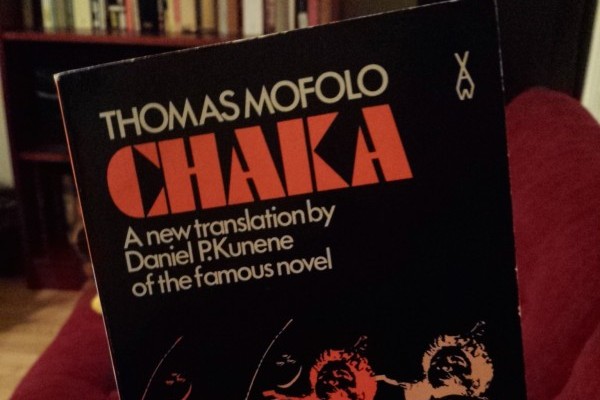
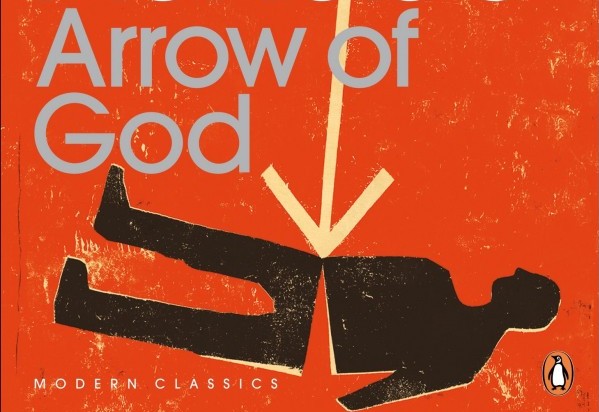
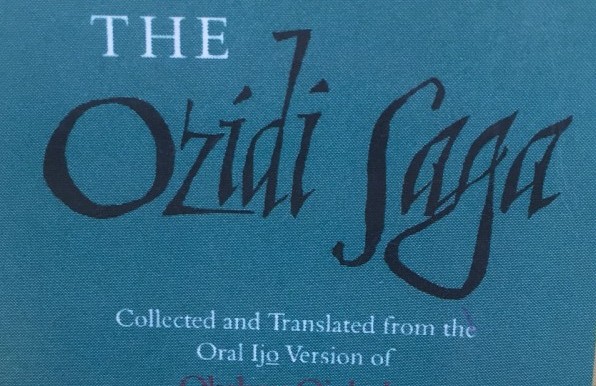
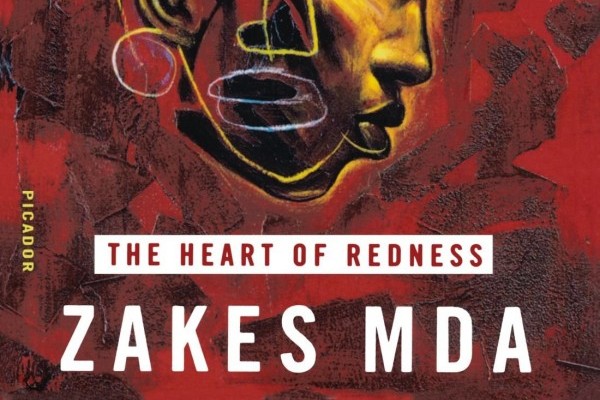
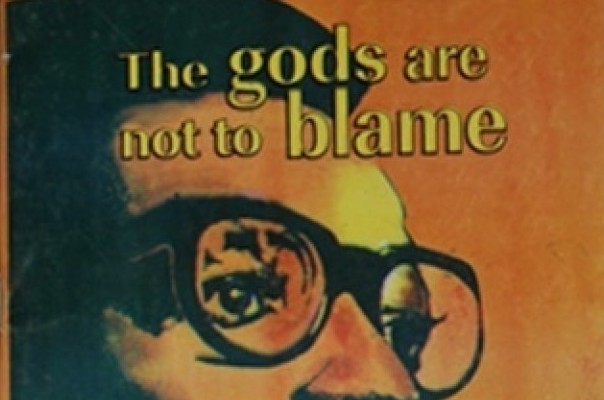



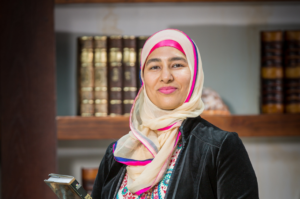
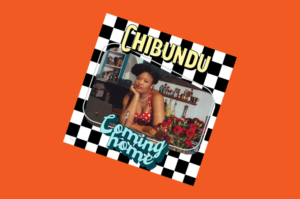


Swoosh June 05, 2015 07:53
Segou by Maryse Conde is another novel with a very interesting witchdoctor.